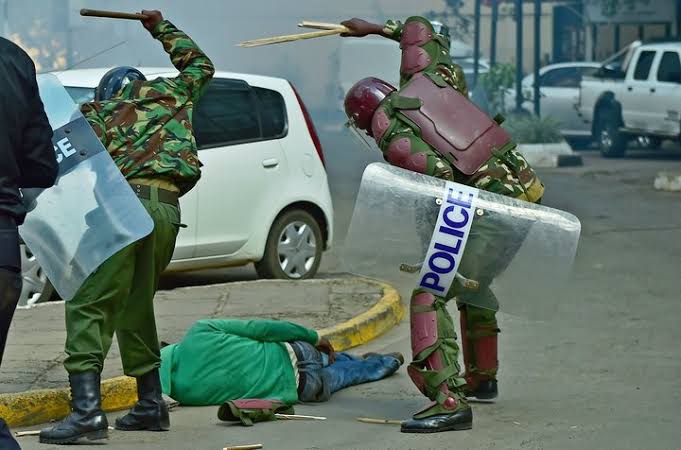The police continue to face strained relationships with key demographic groups, including youth, boda boda riders, matatu operators, men, women, crime victims, and informers. Young people, in particular, report profiling, over-policing, and generalised suspicion as major issues that hinder positive engagement with law enforcement. — NCRC Report
A new report by the National Crime Research Centre (NCRC) has revealed that while most Kenyans feel safe in their communities, a significant 43 per cent perceive their local areas as unsafe, largely due to persistent crime, unresponsive policing, and widespread corruption within the police service.
The study, titled The Impact of Community Policing in Kenya, attributes insecurity perceptions to several factors: the prevalence of crime, the police’s delayed or absent response to distress calls, rogue officers engaging in corruption, and the rise in drug abuse, criminal gangs, and inadequate infrastructure such as street lighting.
Despite these concerns, the report presents some positive developments. Community policing initiatives have contributed to a 66 per cent reduction in fear of crime, improved understanding of community security needs (55 per cent), increased public awareness (54 per cent), and better crime prevention and detection (50 per cent). These initiatives have also helped in resolving minor offences through alternative dispute resolution and curbing drug-related offences among the youth.
The NCRC further highlights that community policing has fostered better collaboration between the public and police. Improved reporting of crimes (77 per cent), enhanced intelligence sharing (72 per cent), and community participation in security prioritisation (61 per cent) have all been noted. In some areas, residents have even apprehended criminals and handed them over to the authorities (41 per cent).
However, the report makes it clear that these gains have not translated into increased trust in the police. Half of the respondents said community policing had no impact on their trust in the police, 33 per cent reported improved trust, while 17 per cent indicated reduced trust.
“This is a pointer to the fact that there are still long-standing systemic, historical and deep-seated structural issues in the National Police Service that continue to negatively shape public experience, perceptions and opinion,” the report states.
The police continue to face strained relationships with key demographic groups, including youth, boda boda riders, matatu operators, men, women, crime victims, and informers. Young people, in particular, report profiling, over-policing, and generalised suspicion as major issues that hinder positive engagement with law enforcement.
Public complaints against police officers remain high, with 82 per cent of respondents citing corruption, followed by delayed emergency response (65 per cent), harassment and intimidation (51 per cent), collusion with criminals (50 per cent), and unlawful arrests (38 per cent). Other concerns include police brutality, abuse of power, and human rights violations.
The study also uncovered confusion among Kenyans about the structure of community policing. Many conflated the National Police Service-led model with Nyumba Kumi, which operates at household and neighbourhood levels. The former involves structured collaboration between law enforcement and communities, while the latter is a grassroots initiative.
Key challenges facing community policing include limited resources, low public awareness, corruption, mutual distrust between police and the public, and lack of incentives for implementation.
The NCRC has put forward several recommendations, including addressing crime levels and the police’s unresponsiveness, tackling systemic problems within the police force, dealing with misconduct and rights violations, and operationalising County Policing Authorities (CPAs) to decentralise and strengthen local security management.
“Successful community partnership in this endeavour depends, to a great extent, on public trust and confidence in police and policing,” the report concludes.
The study was conducted in December 2024 across eleven counties: Nairobi, Mombasa, Machakos, Kisumu, Nakuru, Nyeri, Uasin Gishu, Bungoma, Garissa, Turkana, and Isiolo.





